What is pink noise? Experts reveal how this sleep-inducing sound works to help you drift off
You might have heard of white noise before but it's pink noise that's been proven to help you drift off and improve your health in other ways
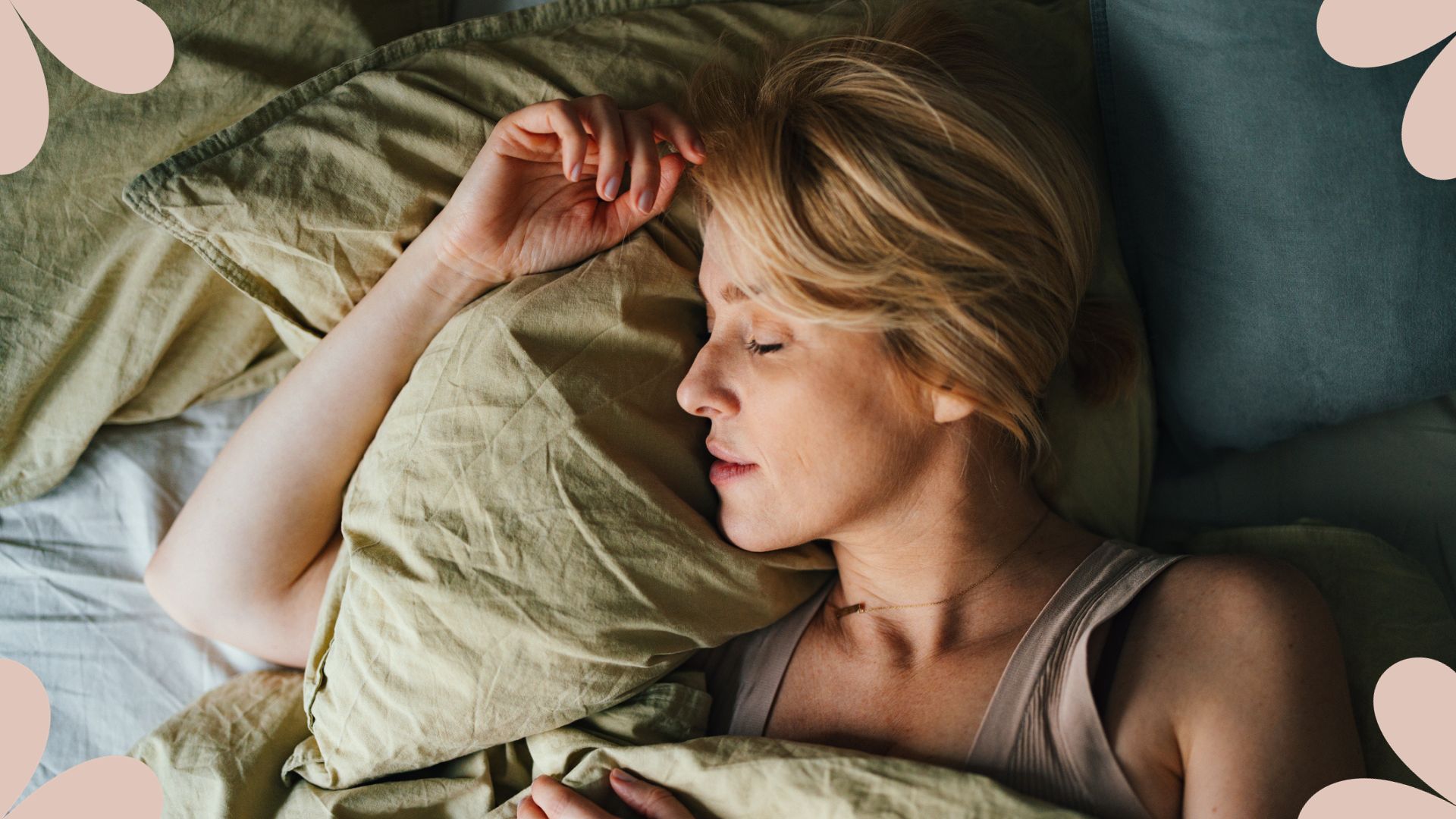

Pink noise is an essential if you're looking to sleep for better and for longer. It's also been proven to help improve other aspects of wellbeing, including heart health and memory. So, what's it all about?
If you’re someone who wants to learn how to sleep better then using sleep-inducing sounds can be an effective way to do this. White noise is the most famous one but brown noise has come to our attention as well in recent years. It's the one in the middle that's caught our attention though, given pink noise's extensive range of benefits linked to the smooth, relaxing frequencies.
Whether you toss and turn in the night or find it difficult to get to sleep in the first place, chances are pink noise can help make a difference to your sleep hygiene. Here, we speak to two certified sleep specialists to reveal what you need to know about pink noise, its benefits, and where to find it.
What is pink noise?
Pink noise uses all the sound frequencies we are able to hear to create a consistent noise, a balanced and flat sound that's similar to the sound of rainfall or crashing waterfalls. Frequency refers to the number of times per second that a sound wave repeats itself, with lower sounds having a lower frequency than higher sounds.
It's known as pink noise because in terms of the frequency spectrum, it sits between white noise (which includes fans, television static, and vacuuming, and includes all frequencies across the spectrum of sound) and red noise (also known as brown noise for sleep, it includes deeper sounds like rumbling thunder and waterfalls).
That's what makes pink noise different from white and brown noise, neuroscientist Dr Lindsay Browning explains. It plays the frequencies at equal levels. "Pink noise contains fewer of the high-frequency sound waves, making the overall sound more pleasant to listen to compared to white noise," she says.
The effect that pink noise has on our brains is why rain can make us feel sleepy and why it's often used as one of the best sleep aids for those who struggle to drift off.
Sign up to our free daily email for the latest royal and entertainment news, interesting opinion, expert advice on styling and beauty trends, and no-nonsense guides to the health and wellness questions you want answered.
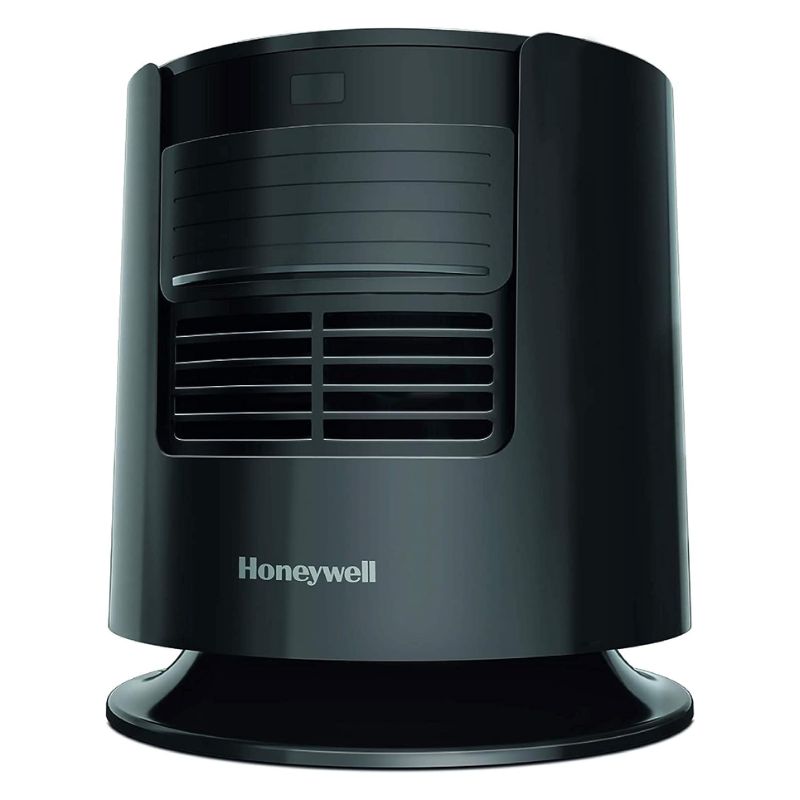
To drift off easily, you need distracting noises out - but being at the ideal temperature for sleep is important too. That's where the Honeywell Dreamweaver comes in. It's a portable fan (with three speeds) and pink noise machine combined, offering a mix of high and low frequencies for a balanced soundscape. It also has dimmable lights, so that's another thing you don't have to worry about.
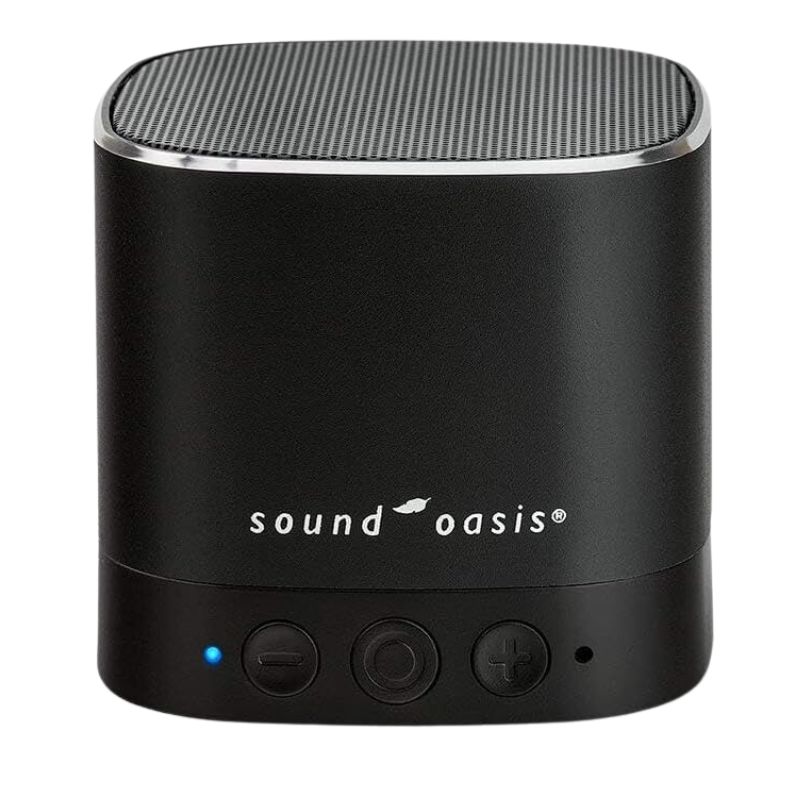
For those with smaller nightstands, the Sound Oasis Ecosystem is a great option. There are 20 different sounds to choose from, including white and pink noise, and you can stream your favourites via Bluetooth from other devices too for up to a full night of sound.
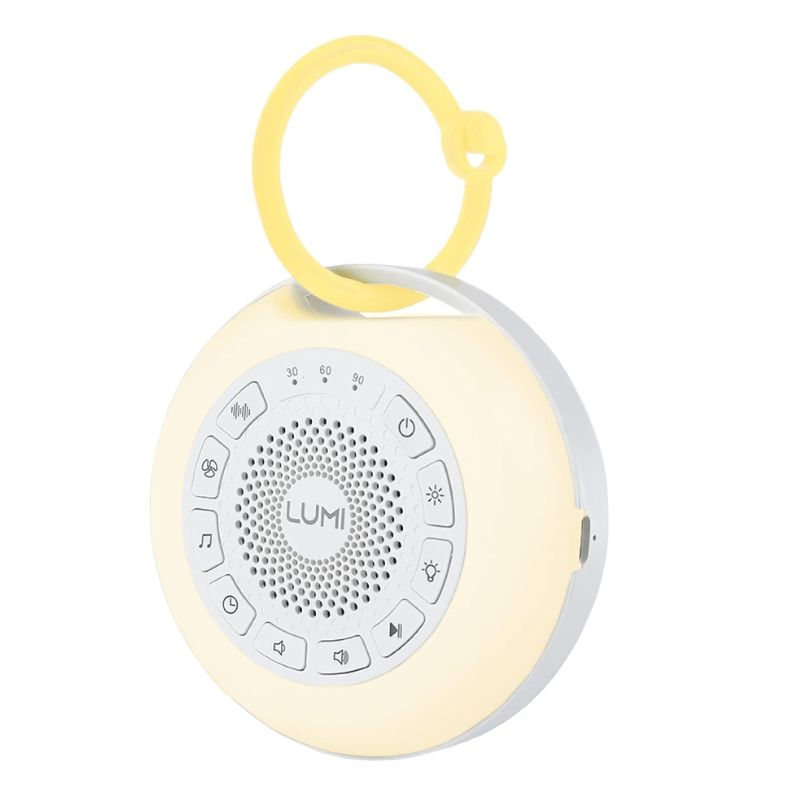
It's dubbed as a white noise machine but the Lumi also produces pink noise, along with pretty much every other sound across the spectrum. It's also designed for babies, but there's no reason you can't use it, with 26 different sounds to choose from and a portable carry strap for better sleep on the go.
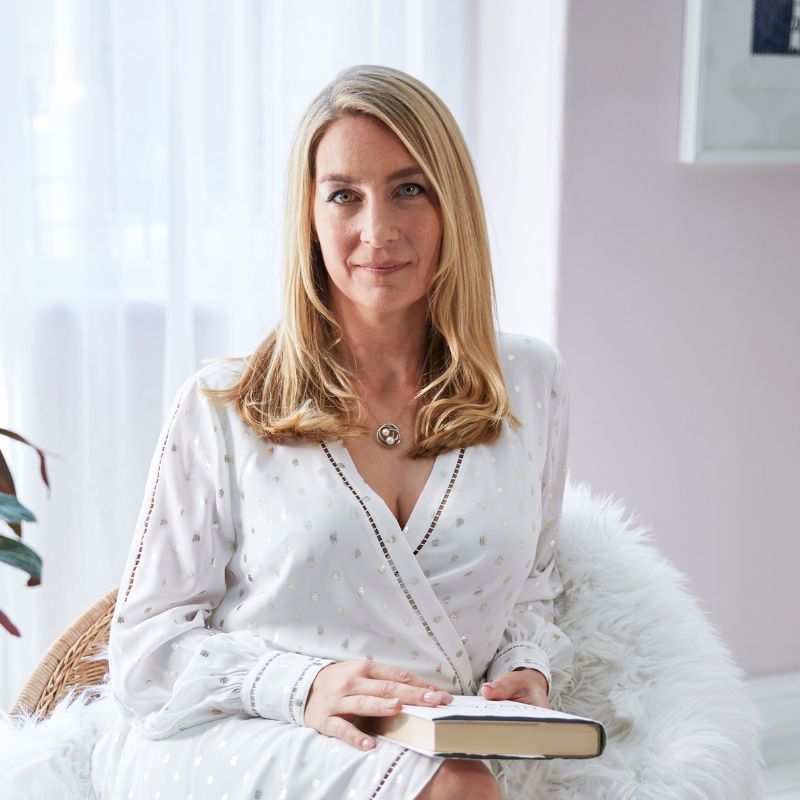
Not only does Dr Browning work as a one-to-one sleep therapist, she also holds wellbeing seminars and retreats. She also wrote the self-help sleep book Navigating Sleeplessness, and is now working with And So To Bed as a sleep expert.
Benefits of pink noise for sleep
1. Pink noise helps to improve sleep quantity and quality
The biggest benefit of pink noise is that it helps us get lots of good quality sleep and it can be helpful for those looking for ways to fall asleep fast, as it's proven to improve both how well we sleep and how long we sleep for.
"Researchers have found that pink noise can improve sleep," confirms Dr Deborah Lee, GP and medical writer for Dr Fox Online Pharmacy, pointing to a study in association with the Gunma University School of Medicine that found those falling asleep with pink noise playing fell asleep in 13.5 minutes compared to the control group, who fell asleep in 23 minutes.
Dr Lee explains that the human ear likes the sound of pink noise as it's naturally associated with relaxation, given its lack of high-pitch frequencies.
For this reason, Dr Lee recommends trying it out if you're looking for insomnia treatments. "Sound therapy is safe and often effective. In one survey, 70 to 80% of those practising sound therapy reported their sleep had improved. Even hardened insomniacs report sound therapy is beneficial."

Dr Lee has worked for several years in the NHS as a lead clinician. She now works mostly as a medical and sexual health writer with specialisms in nutrition, women's health, and menopausal care.
2. It can help to strengthen the heart
In a study by researchers at the University of Zurich, it was found that exposure to auditory stimulation enhanced the slow waves of the brain which then affected the cardiovascular function both during and after sleep. Simply put, when the patients were made to listen to bursts of pink noise throughout the night, it resulted in a stronger heart function as well as a better night's sleep.
Heart specialist Christian Schmied, who worked on the study, says: "We clearly saw that both the heart’s pumping force and its relaxation were greater after nights with stimulation compared to nights without stimulation." It was even suggested that the treatment of cardiovascular diseases may be enhanced with this method or a similar type of stimulation.
3. Pink noise can help light sleepers
Anyone can struggle with waking up in the middle of the night, whether it's just your disruptive subconscious during times of stress or a loud noise outside your home. If you can find yourself experiencing the issue more often than not, then pink noise could be the answer.
"It has been suggested that listening to background noise, such as pink noise, during the night can be helpful for people with insomnia," explains Dr Browning. "If your sleep is disturbed by external noises waking you up then playing background noise can help to mask those noise interruptions."
So if you find yourself in a bustling household or have a particularly loud neighbour then playing some pink noise while you sleep may just finally drown it all out.
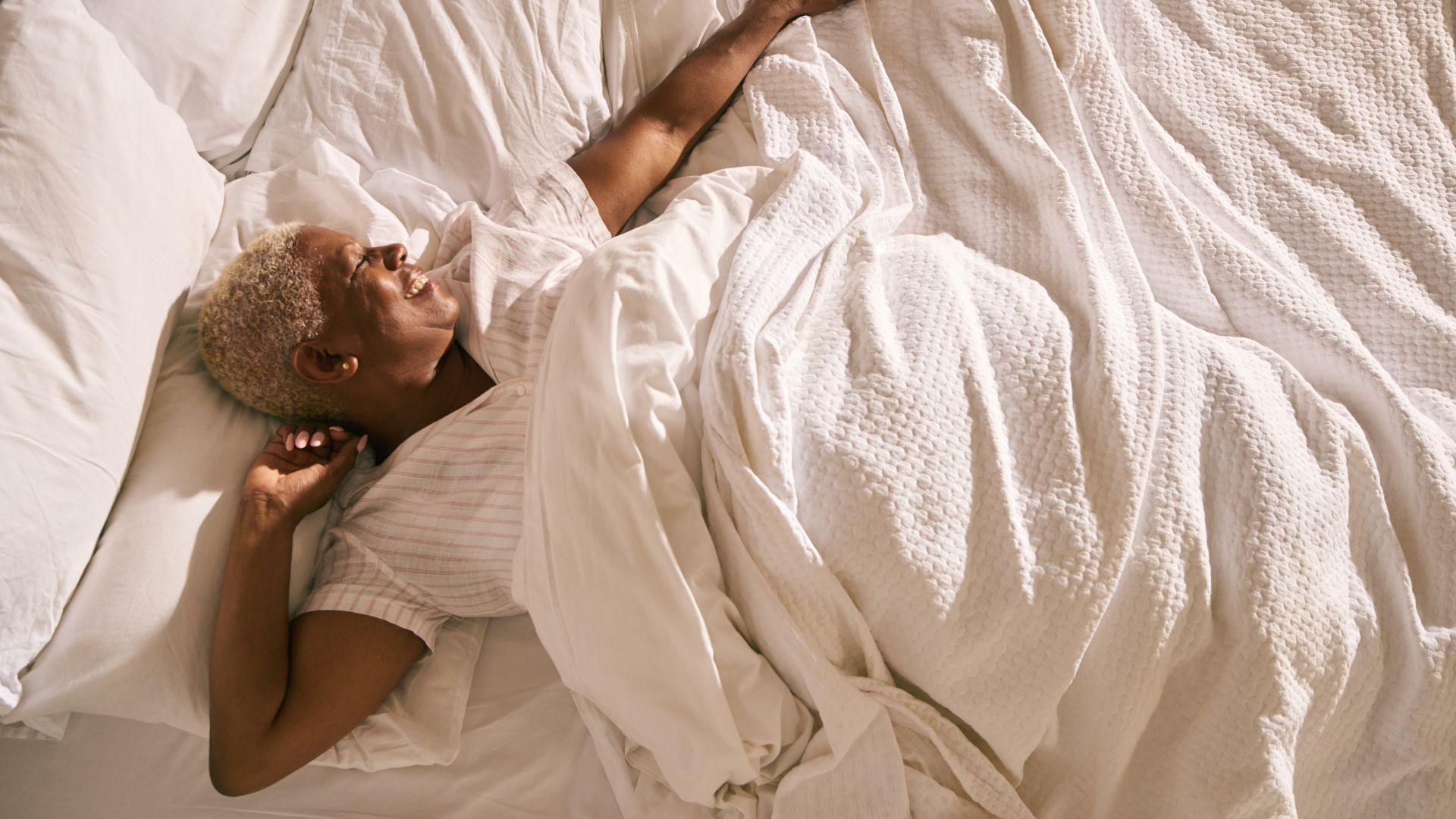
4. It may help improve your memory
Unlike red noise, pink noise can have long-term benefits when you listen to the sound whilst you are actually sleeping. Dr Naomi Newman-Beinhart, a scientific researcher and chartered psychologist, recalls several studies where researchers found that sleeping with the pink noise sound can improve your memories the following day.
"The memory improvement is also potentially long-term, which is a bonus when it comes to [children's] learning," explains Newman-Beinhart.
The reasons behind this for adults are two-fold. Firstly, when we are able to go to sleep at the same time every night and get in a sold seven to nine hours of good quality sleep, our brains are better at retaining information. And secondly, research by Chung Shan Medical University, as pointed out by Newman-Beinhart, suggests that pink noise - over white or red noise - makes us feel more comfortable in our environment. We are more productive as a result and so more able to retain information over the course of a day.

Since starting her career as a medical PhD student at King's College London, Naomi has continued to work as a nutritionist, scientific researcher and medical writer.
Pink noise vs white noise
- White noise can be more disruptive: According to Dr Lee, the effects of white noise can be a little less favourable. She says, "A 2021 review of the medical literature found very little good enough quality evidence to support the use of white noise for sleep." It was found that listening to continuous white noise interrupted sleep and meant that doctors were hesitant to recommend it as a sleep aid at all.
- White noise is made of unnatural sounds: Unlike pink noise, which mimics sounds of nature such as rain and waterfalls, white noise is a man-made sound that includes low, medium and high-frequency sounds, such as the hum of a plane or a fan whirring. Newman-Beinhart explains, "White noise isn’t a natural sound, so while it’s playing your brain is stimulated as it tries to decipher what it’s hearing."
- Pink noise prioritises deep sleep: Pink noise has been found to promote a certain stage of sleep named deep sleep. This is when you get the most rest and your brainwaves are at their slowest. "This type of sleep is commonly known as deep sleep. It’s the most restorative part of the sleep cycle we all strive for, leaving you fully rested and energised the next day," says Newman-Beinhart. White noise, however, can activate different types of sleep stages whilst you sleep and have you waking up feeling tired.
How is pink noise made?
As noted, pink noise is one of the more natural sounds in the collection so you can reap the benefits of pink noise just by listening to the sound of rain or wind outside your window. Given that we're quickly heading into winter, there should be more natural pink noise around at night than ever. However, you can also find many generated pink noise playlists on YouTube, Spotify, or Apple Music via the search bar.
You can also buy pink noise machines, just as you can buy white noise machines. These don't have a screen, so you won't have to battle with the impact of your phone screen on your sleep routine, and can be plugged in by your bed.

Emily joined woman&home as a staff writer after finishing her MA in Magazine Journalism from City University in 2023. After writing various health and news content, she now specialises in lifestyle, covering unique cleaning hacks, gardening how-tos, and everything to help your houseplants thrive.